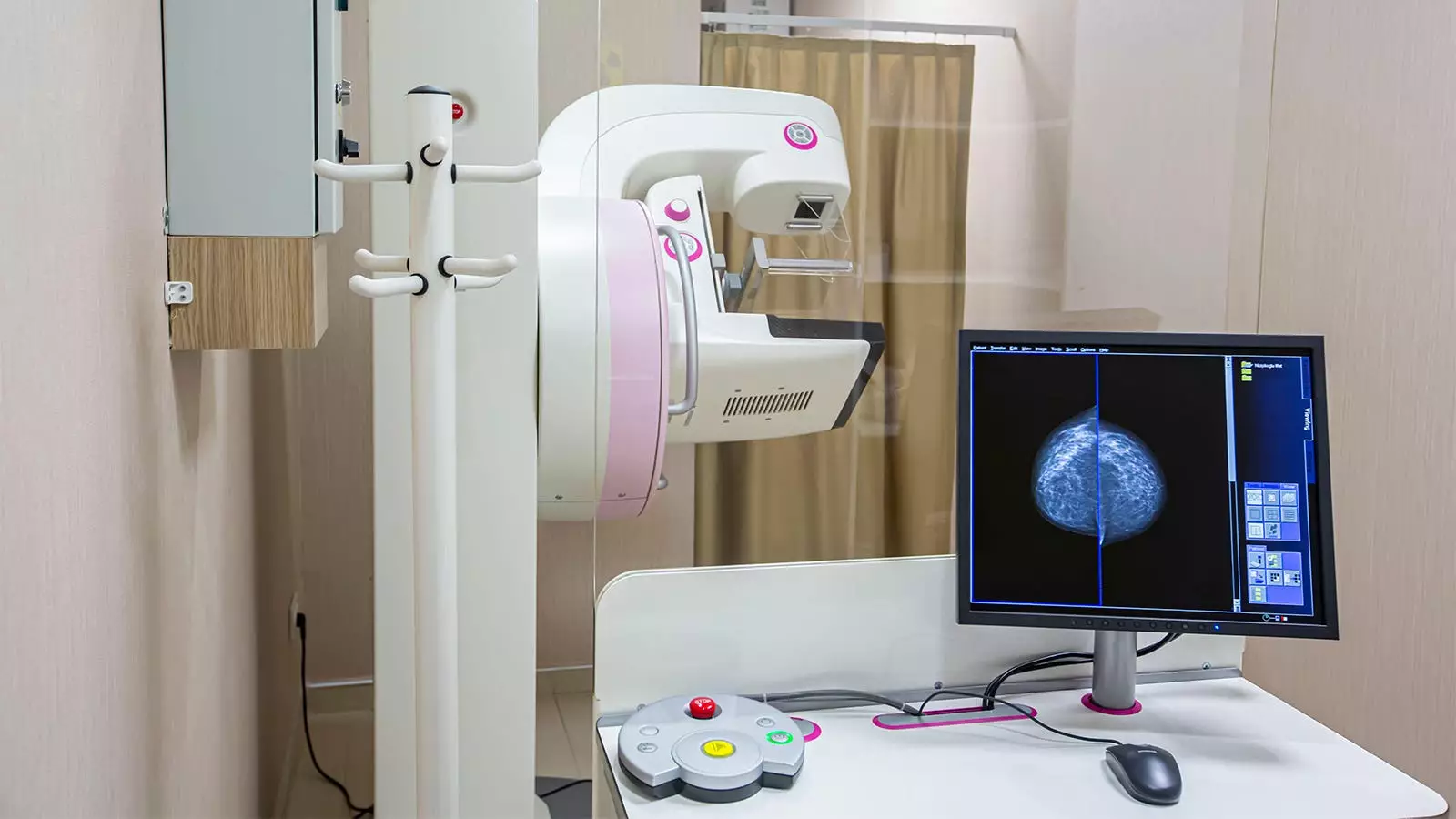It has been found that annual breast cancer screening starting at age 40 and continuing up to age 79 resulted in the greatest reduction in mortality, according to a study comparing various screening scenarios. This study, conducted by Debra L. Monticciolo, MD, and her colleagues at Dartmouth-Hitchcock Medical Center, highlighted the importance of early and consistent breast cancer screening in reducing deaths caused by this disease.
The study compared different screening scenarios and their impact on mortality reduction. It was reported that annual screening at ages 40-79 reduced mortality by 41.7%, which was higher than biennial screening at ages 50-74 (25.4%), biennial screening at ages 40-74 (30%), and annual screening at ages 40-74 (37%). Additionally, annual screening at ages 40-79 averted the most breast cancer deaths (11.5 per 1,000 screened) and gained the most life-years (230 per 1,000 screened) compared to other screening scenarios.
Although false-positive screening results and benign biopsies were highest with annual screening at ages 40-79, the researchers noted that these risks are lowest on a per-examination basis with this scenario, making them manageable. This suggests that the benefits of annual screening outweigh the risks associated with false positives and unnecessary biopsies.
The study suggested that changing the US Preventive Services Task Force (USPSTF) draft recommendation of biennial screening from ages 40-74 to annual screening up to age 79 would significantly improve mortality reduction for all women in the US. The goal of any cancer screening program is to prevent untimely cancer deaths, and annual breast cancer screening starting at 40 years of age and extending beyond 79 years of age was deemed the most effective way to achieve this goal.
In an accompanying editorial, Bonnie N. Joe, MD, PhD, raised concerns about the USPSTF sticking with a biennial screening interval despite evidence supporting the benefits of annual screening. Joe noted that this decision could contribute to healthcare disparities, particularly for younger individuals and Black persons who may be at higher risk of more aggressive cancers.
Impact on Black Women
The study also evaluated the impact of different screening scenarios on Black women’s breast cancer mortality reduction. The findings showed that annual screening up to age 79 resulted in the highest reduction in mortality, breast cancer deaths averted, and life-years gained for Black women compared to other screening intervals. This indicates that annual screening starting at 40 years of age and continuing beyond 79 years is crucial for improving outcomes in Black women.
The study emphasized the importance of annual breast cancer screening from ages 40-79 as the most effective way to reduce mortality and prevent untimely deaths. However, the researchers acknowledged that their study had limitations, such as only being able to approximate current recommendations due to model estimates limitations. Despite these limitations, the evidence presented in this study strongly supports the implementation of annual breast cancer screening from a younger age and continuing beyond current screening guidelines.


Leave a Reply